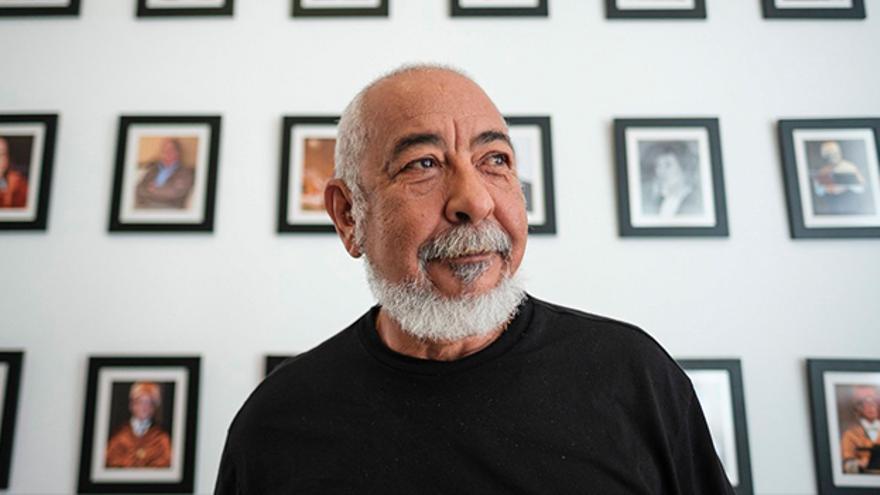
![]() EFE (via 14ymedio), Las Palmas de Gran Canaria (Spain), 14 On Tuesday, the Cuban writer Leonardo Padura, literary father of the detective Mario Conde and winner of 2021’s Princess of Asturias Award for Letters, said that throughout his career he has never had the feeling of escaping from censorship, but rather rather of looking for it.
EFE (via 14ymedio), Las Palmas de Gran Canaria (Spain), 14 On Tuesday, the Cuban writer Leonardo Padura, literary father of the detective Mario Conde and winner of 2021’s Princess of Asturias Award for Letters, said that throughout his career he has never had the feeling of escaping from censorship, but rather rather of looking for it.
“I don’t escape censorship, but rather I look for it,” said Padura at a press conference in Las Palmas (Canary Islands), where he is participating in the “Literature from the Islands” meeting at the Maspalomas Summer University.
He addressed the publication of his next novel, Gentes decentes, in which he reprises detective Conde, which will hit bookstores at the end of August.
Padura said that the situation in Cuba is “economically very tense and socially very complicated,” because added to the effects of the pandemic on economic assets such as tourism, there is a series of economic deficiencies “carried over for years.”
The writer, who has Cuban and Spanish nationality and resides in Havana, was critical of the “severe trials” of people who demonstrated to protest against the Cuban government just a year ago in Havana.
“I believe that the judicial extreme of such high sentences should not have been reached for many of these people. The Government had the possibility of having a much more humanistic gesture,” he said, and insisted on the “fight for survival” that the most people on the island.
“I have the sense that the themes and manners of Cuban society have an international projection, but always starting from Cuba and returning to Cuba. I need to hear people speak in Cuba, to be able to know their hopes and frustrations and that is a process that is always in progress,” reflected the author.
For Padura, the best place to follow these processes of transformation of society and assimilate social changes is his neighborhood in Havana, where he has lived since he was born, surrounded by people “who are not even interested or care that he is a writer.”
On why he chose the noir novel as a mode of expression, he said that it seems to him a “generous genre” that allows a lot of freedom.
“I think that the most radical political documents that have circulated in Cuba are probably my novels. There has always been a critical look and I have touched on very deep, very complicated issues. I am interested in everything related to the search for utopia,” he assured.
Regarding the difficulty in finding his novels in Cuba, he believes that it relates — more than to censorship — to the economic situation since, in general, the books in his country “circulate little and poorly… there is a policy of not promoting them and not making my work visible,” he said, although he does not consider himself politically persecuted.
____________
COLLABORATE WITH OUR WORK: The 14ymedio team is committed to practicing serious journalism that reflects Cuba’s reality in all its depth. Thank you for joining us on this long journey. We invite you to continue supporting us by becoming a member of 14ymedio now. Together we can continue transforming journalism in Cuba.
